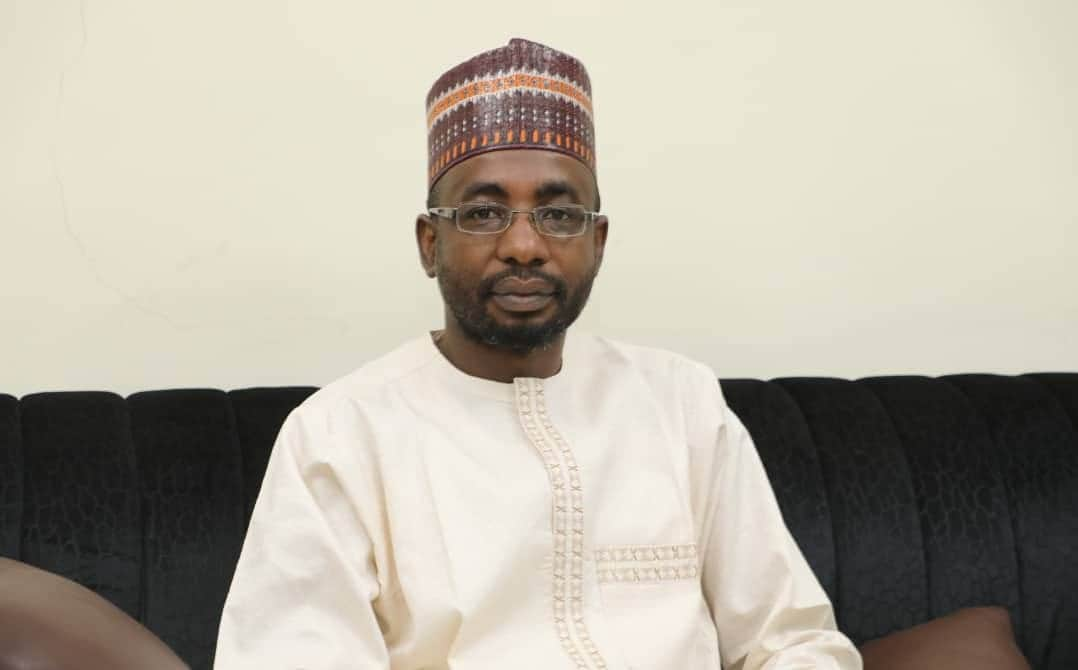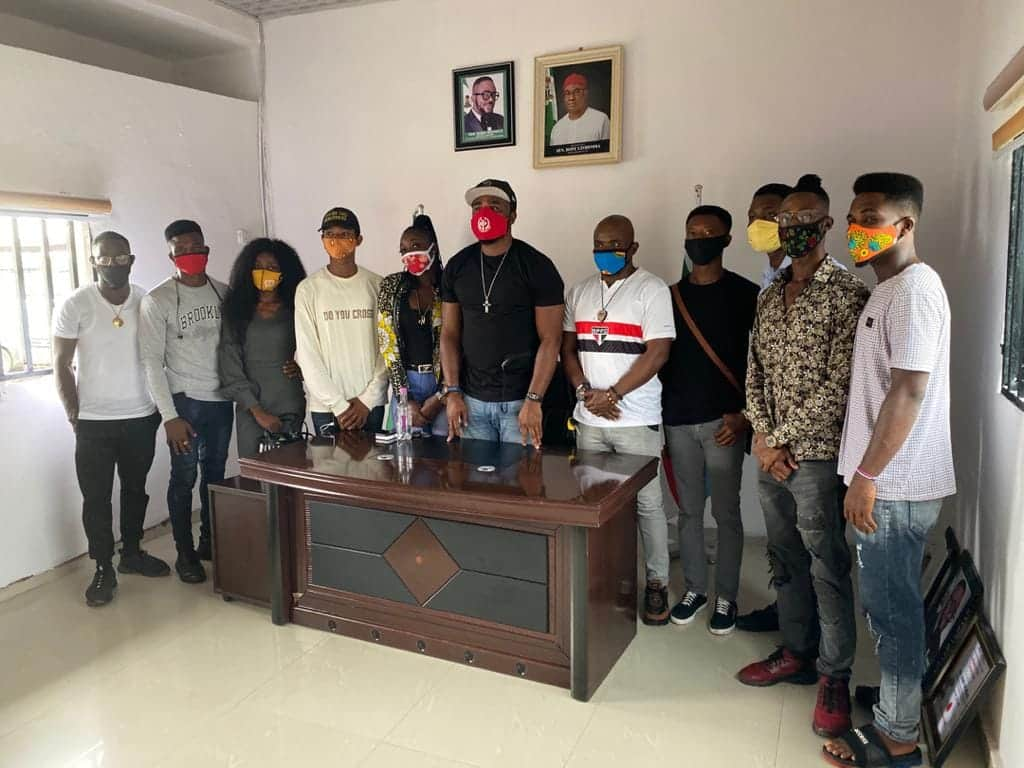The biggest lie ever sold and bought in the Southern part of Nigeria is that the North is the cause of the under-development of the South. Sadly, for decades, this lie has been swallowed hook line and sinker by less discerning youths down South who are too naive to understand that their thieving political class remains the real authors of their misfortune, the same misfortune which is being nurtured and nurished by their deliberate ignorance and refusal to look in the mirror.
But wait first, have you been following the revelation coming from the on-going public hearing on how the Interim Management Committee (IMC) of the Niger Delta Development Commission (NDDC) spent over 80 BILLION NAIRA meant to develop the Niger Delta mostly on themselves in less than a year?? If you haven’t, please pause here and go to Google and YouTube to read and watch for yourself, then come back to continue reading. NOTE, almost everyone at the leadership of the NDDC comes from the Niger Delta. And for over 16 years, the MDs of the Commission have always come from the region. Even the current minister is from the Niger Delta. Meanwhile, as these Niger Delta indigens were sharing the money meant to develop THEIR OWN REGION amongst themselves ( 3.14 BILLION was shared among themselves as COVID-19 palliatives with a single staff getting 10 million as COVID-19 welfare package, as attested to by the NDDC IMC chairman, Prof. Keme Pondei before the public hearing), students from the same Niger Delta who were on NDDC scholarship abroad were being ejected from their schools over non payment of their school fees.
And remember, we are not talking of the BILLIONS of dollars budgeted for the Commission under Obasanjo and Jonathan. This 81 BILLION is just the money cornered to private pockets between October last year and now. Go to the core oil producing villages and communities in the Niger Delta today and you will cry yourself to sleep at the level of unutterable poverty and lack of development in the region. The same region that is feeding virtually the whole country.
Tomorrow, some people from this same region will expect Charles Ogbu to join them in blaming the North for the under-development of the Niger Delta.
Coming to the Southeast, during the last two govts of Olusegun Obasanjo and Dr. Goodluck Jonathan, notable Igbo sons and daughters occupied strategic position in the federal govt. We had the post of the CBN governor, the secretary to the federal govt, the very powerful Coordinating minister of the economy, the chairman of both Chambers of the National Assembly Committee on works, the deputy Senate President and the speaker of the House of Representatives, the Aviation minister amongst others. Yet, all through the 8 years of Obasanjo and 5 years of Jonathan, none of those Igbo sons and daughters (except a few) remembered that their people have always yearned for sea Port, Rail lines, STANDARD International Airport, 2nd Niger Bridge, dredging of the river Niger and renovation of federal roads in their region, provision of which would see Igbo land witness unprecedented development and get a reprieve from the long years of DELIBERATE economic strangulation imposed on her by the Nigerian state as a hangover of the Biafran war. Today, those PDP thieving political elites who didn’t remember Ala-Igbo when they had the time are on almost all Igbo WhatSapp fora brainwashing less discerning youths that the North is the cause of our under-development. When they were there, what did they do????
Is it not a thing of shame, ridicule, even, that Buhari – a man who is of a distant relation with fairness and justice – is now the one building the 2nd Niger bridge and transforming the Enugu airport into a truly International airport, the snail speed of work in those two projects notwithstanding???
Sometimes, we just have to hurt ourselves with the bitter truth instead of comforting ourselves with lies.
Southern youths must stop being fooled by their dishonest thieving political elites. We must do away with the culture of defending Southern thieves who steal not from the National purse but from the little allocation mapped out for the development of the South. A politician who stole to buy mansions in Dubai cannot suddenly become “our thief” worthy of our support simply because he comes from our ethnic stock.
Whether you are agitating for Resource Control, separate independent Nation or Restructuring, you must learn to start holding your own political , Angels will not come down to run those independent units. It is still those politicians who are our own people that will run things and if we don’t cultivate the culture of holding them to account now, we may not be able to do it then because in my place, there is a saying that one does not learn how to be left handed at old age.
Charles Ogbu
(Twitter @RealCharlesOgbu)


















